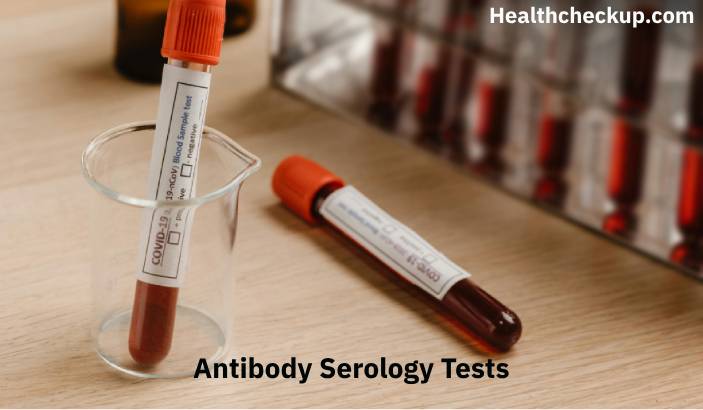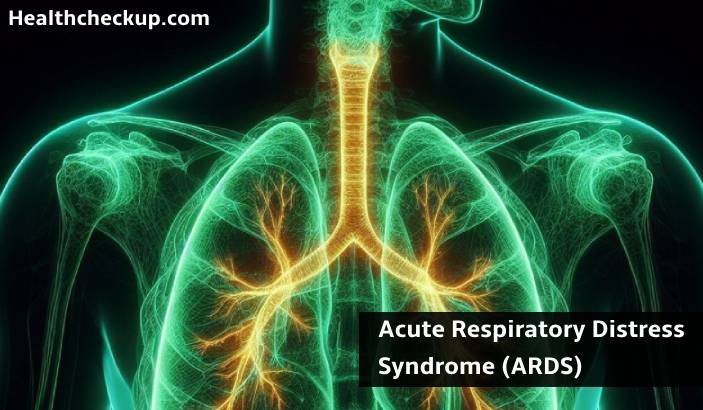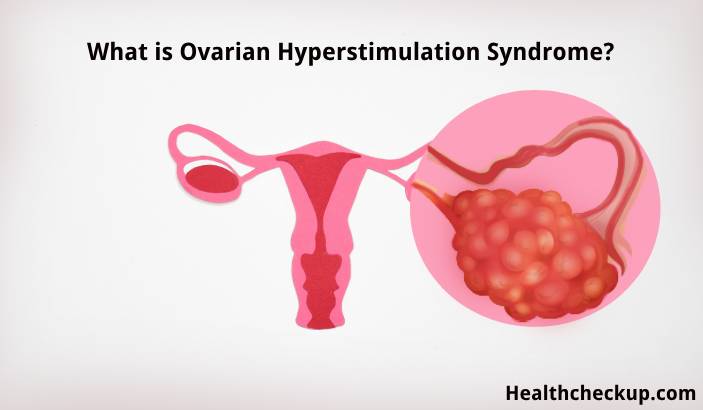Antibody serology tests, a cornerstone in diagnostic immunology, play a pivotal role in determining the presence of antibodies in the blood, indicating past infections or the efficacy of vaccinations. These tests are critical in managing public health, especially in the context of infectious diseases like COVID-19. This article provides a detailed look at antibody serology tests, including their purpose, preparation, procedure, interpretation of results, and potential risks involved.
Purpose of Antibody Serology Tests
- Detection of Past Infections: These tests identify antibodies, which are proteins produced by the immune system in response to pathogens, indicating past exposure to specific infections.
- Vaccine Efficacy Evaluation: They help assess the immune response to vaccines, showing whether a person has developed immunity to a particular disease.
- Immune Status Assessment: For individuals with immune deficiencies, these tests can determine whether the immune system is producing a sufficient number of antibodies.
- Epidemiological Studies: Serology tests are used in population studies to understand the spread of contagious diseases and the level of herd immunity.
Preparation for Antibody Serology Tests
- No Special Preparation Required: Typically, there is no need to fast or make dietary changes before taking an antibody serology test.
- Medication and Health History: Inform your healthcare provider about all medications you are currently taking as well as any recent illnesses or vaccinations.
- Scheduling: While these tests can be performed at any time, it may be beneficial to time them based on suspected infection date or post-vaccination intervals to increase accuracy.
Procedure of Antibody Serology Tests
- Blood Sample Collection: A healthcare professional will collect a small sample of blood, usually from a vein in the arm.
- Laboratory Analysis: The sample is sent to a laboratory where various techniques such as enzyme-linked immunosorbent assay (ELISA), radioimmunoassay (RIA), or western blot are used to detect specific antibodies.
- Duration: The time to perform the test is brief, though results may take from a few hours to several days depending on the lab and the specific test.
Normal Range
- Qualitative and Quantitative Results: Results may be reported qualitatively (positive or negative) or quantitatively (specific antibody levels or titers).
- Interpretation Based on Disease: Normal ranges and interpretations can vary based on the disease being tested for; a healthcare provider can explain what specific results mean in your context.
Results Interpretation
- Positive Result: Indicates the presence of antibodies due to past infection or vaccination. It generally suggests immunity, but the degree of protection may vary.
- Negative Result: Typically means that no antibodies were detected, implying no past infection or possibly a lack of response to a vaccine.
- Indeterminate or Inconclusive Results: Sometimes results are unclear, and additional testing may be needed to clarify the immune status.
Risks Associated with Antibody Serology Tests
- Minimal Physical Risks: These include pain or bruising at the injection site, and, rarely, fainting during blood draw.
- Risk of Misinterpretation: There is a potential for false positives or negatives, which could lead to misinterpretation of immune status.
- Emotional Impact: The results can carry significant emotional implications, particularly if they relate to serious or chronic conditions.
Antibody serology tests are invaluable tools in modern medicine, offering insights into past infections, immune responses to vaccinations, and overall immune system health. They assist in individual patient care and in shaping public health policies through the understanding of disease patterns across populations. By identifying who has been exposed to an infectious agent or who has developed immunity, these tests play a crucial role in managing outbreaks and in vaccine development and deployment strategies.
When considering an antibody serology test, it’s important to consult with healthcare professionals to understand the best timing for testing, the implications of the results, and how these fit into your overall health or immunization plan. In summary, while the procedure is simple and risks are minimal, the information gained from antibody serology tests can be profoundly impactful, guiding clinical decisions and informing public health responses. Whether tracking the spread of a virus like SARS-CoV-2 or confirming immunity to diseases such as measles or hepatitis, these tests provide essential data that help keep individuals and communities safe.









